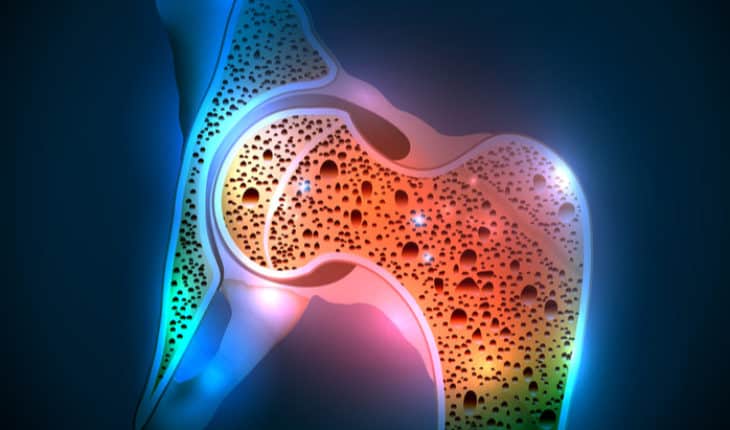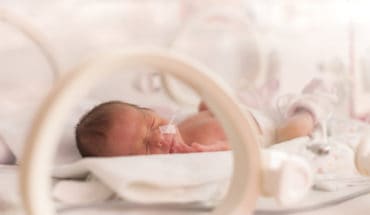Bone mineral density at the femoral neck bone in postmenopausal women decreased by an average of 10% during a 25-year follow-up, according to a new study from the University of Eastern Finland.
Being the world’s hitherto longest follow-up of changes in bone mineral density in postmenopausal women, the study shows that bone loss after menopause is significantly lower than has previously been assumed on the basis of earlier studies. Women with the highest bone mineral density at baseline had the highest bone loss percentage when compared to baseline.
The Kuopio Osteoporosis Risk Factor and Prevention (OSTPRE) study began in 1989 with a health survey that was sent to all women aged 47–56 living in the Kuopio region, eastern Finland. A total of 14,200 women received the survey, and it has been repeated at five-year intervals. In addition, a randomised sample of 3,000 women have participated in bone mineral density measurements every five years. The study is still ongoing, with 30-year measurements currently under way.
Published in Journal of Bone and Mineral Research, the present findings are from the 25-year follow-up. The study included all OSTPRE study participants who had participated in all of the bone mineral density measurements during the 25-year follow-up.
“The average decrease in bone mineral density was lower than has been assumed on the basis of earlier, shorter follow-ups where the bone loss rate at the femoral neck has been estimated to be even more than 20%. There were also surprisingly few risk factors affecting bone mineral density. The most significant factor protecting against bone loss was hormone replacement therapy. Weight gain during the follow-up also protected against bone loss,” Associate Professor Joonas Sirola from the University of Eastern Finland says.
“This new, long-term follow-up of bone mineral density sheds significant new light on osteoporosis and bone research, and also changes our understanding of bone loss in older women,” Professor Heikki Kröger from the University of Eastern Finland says.
Moilanen, A., Kopra, J., Kröger, H., Sund, R., Rikkonen, T. and Sirola, J. (2021), Characteristics of Long-Term Femoral Neck Bone Loss in Postmenopausal Women: A 25-Year Follow-Up. J Bone Miner Res. https://doi.org/10.1002/jbmr.4444
- Gut microbiome could delay onset of type 1 diabetes - 3rd April 2025
- The da Vinci 5 Robot Is Set To Transform Bariatric Care: - 31st March 2025
- Beyond money: the hidden drivers fuelling child food insecurity - 31st March 2025







If humans have evolved over millions of years through lifestyles which required bone strength, why would women suddenly lose bone density at menopause when they were critical in nomadic hunter-gatherer societies for the survival of everyone? Patently any loss of bone density in post-menopausal women must be the result of modern factors.